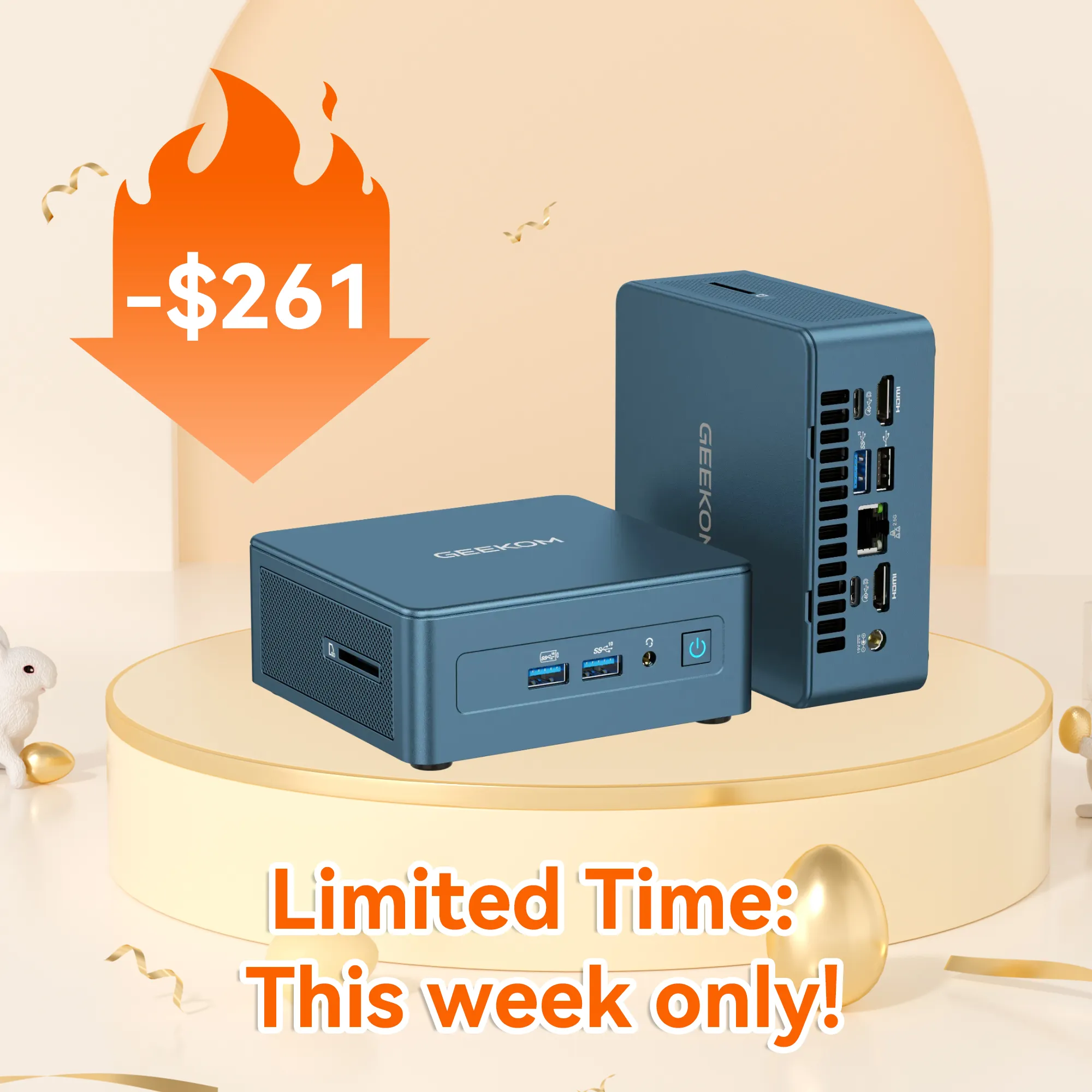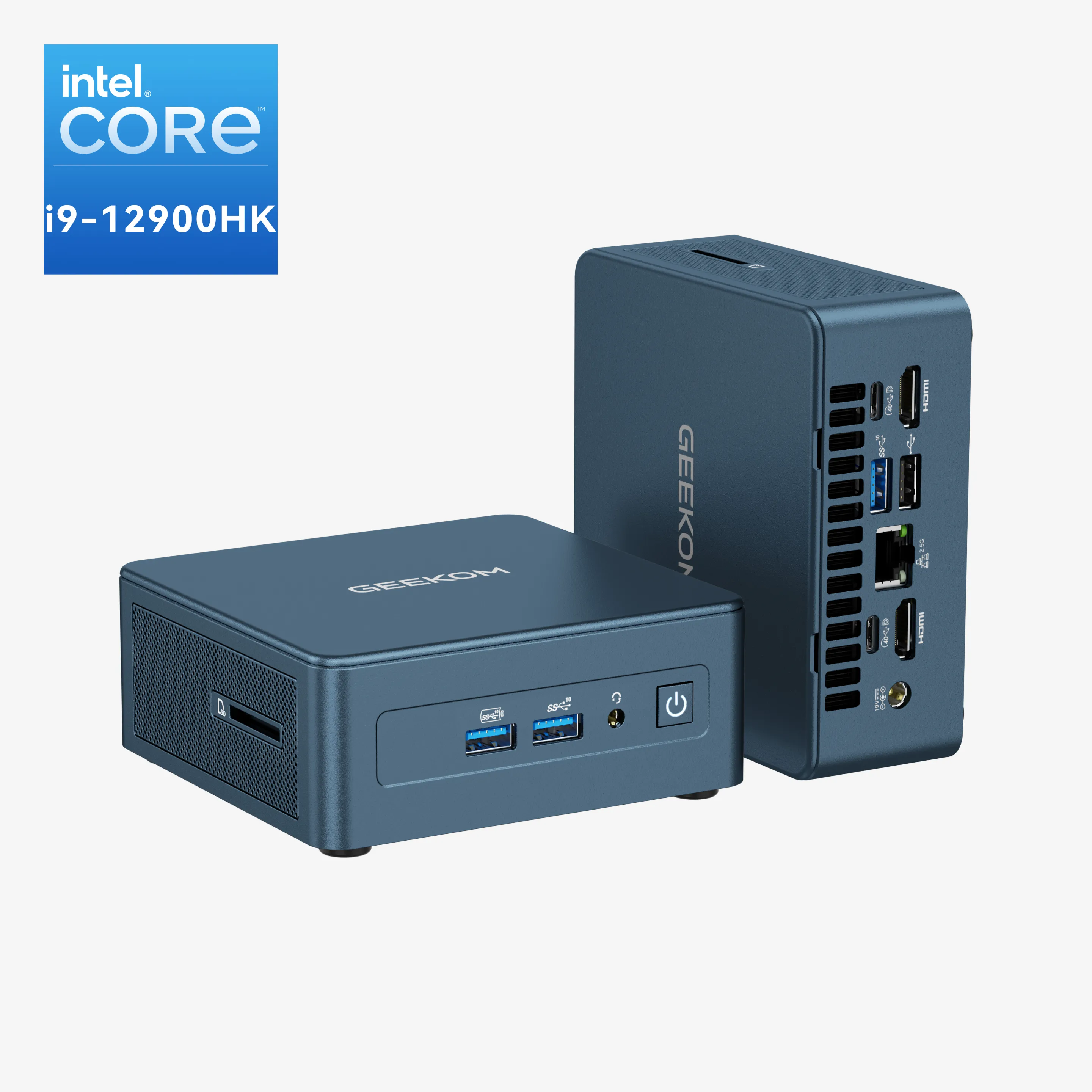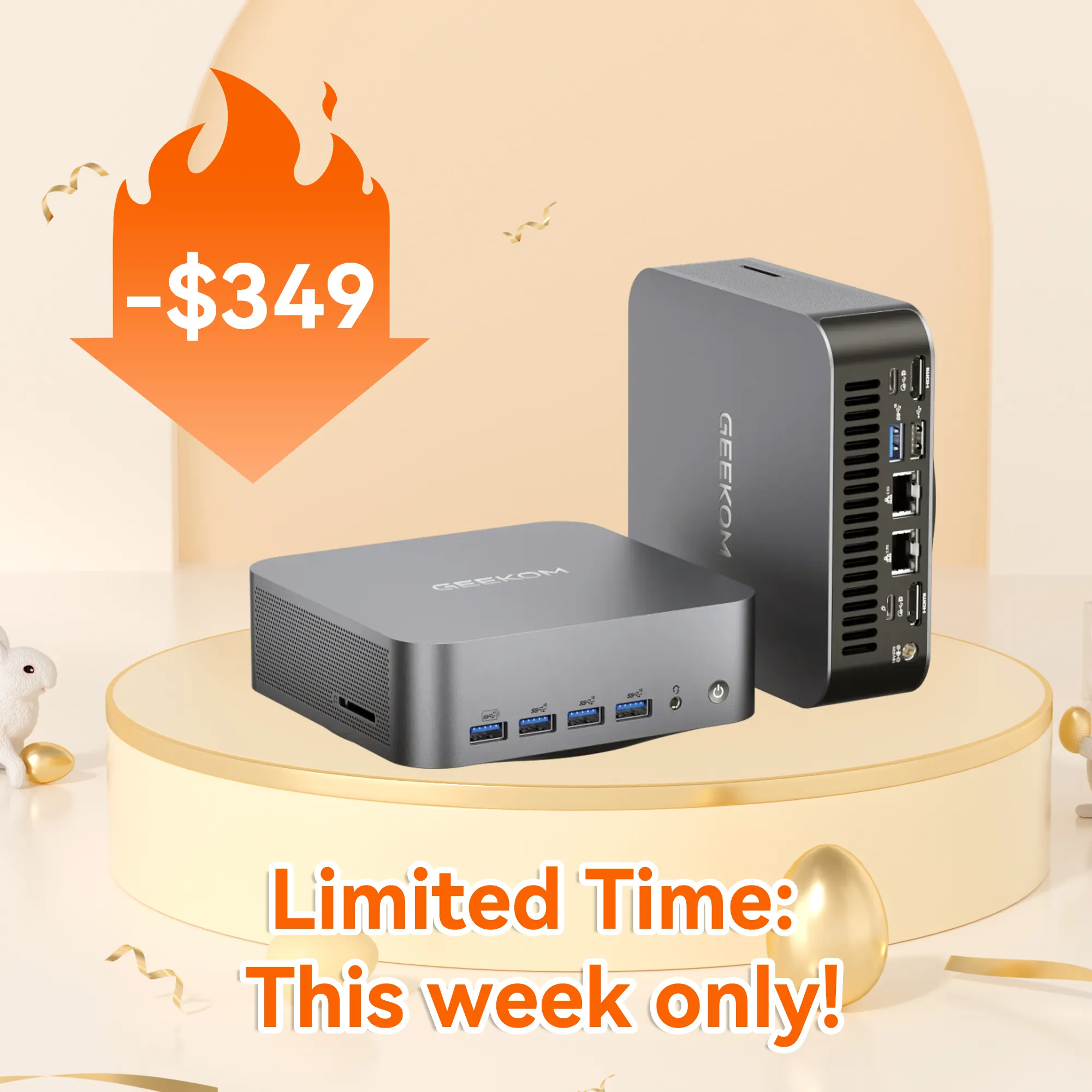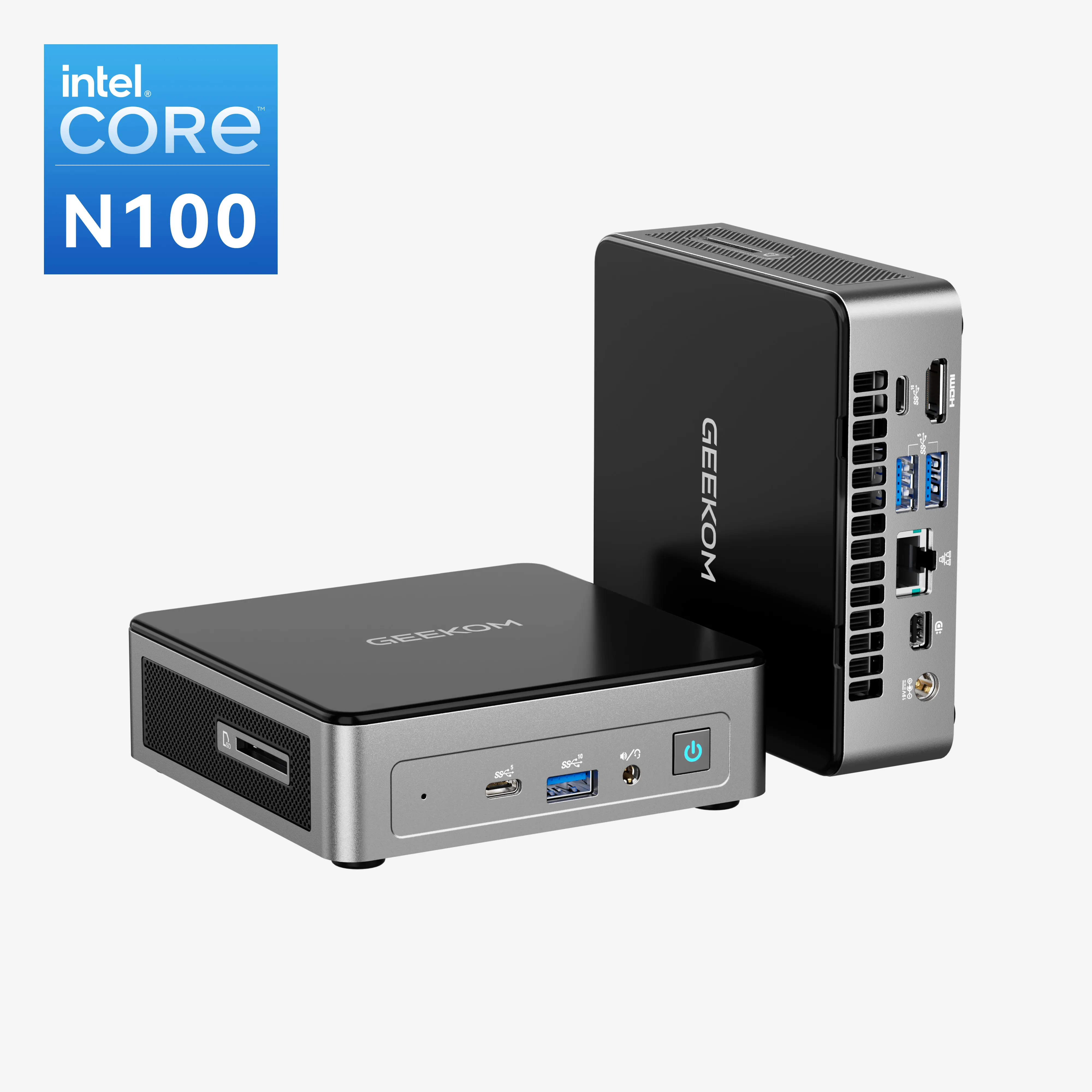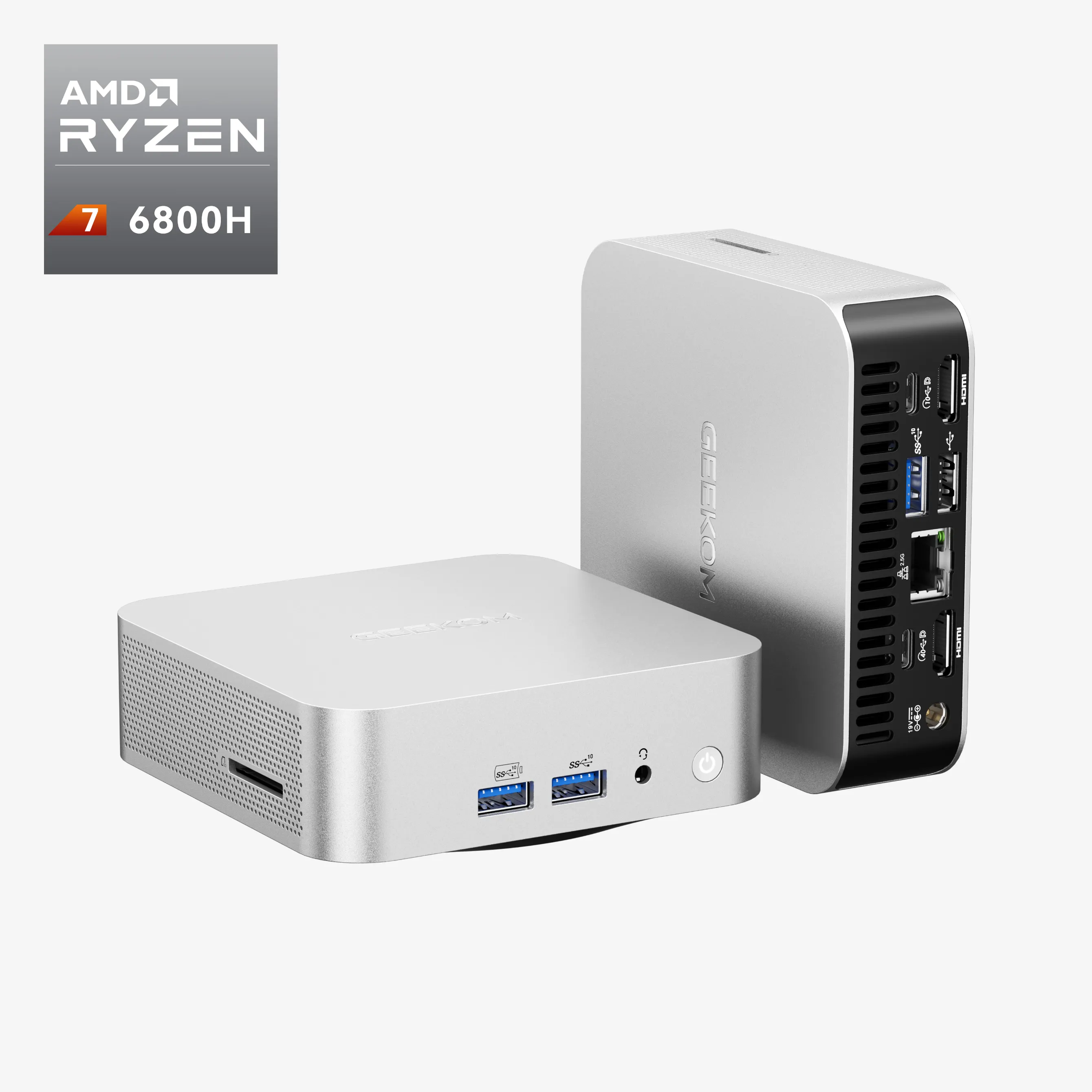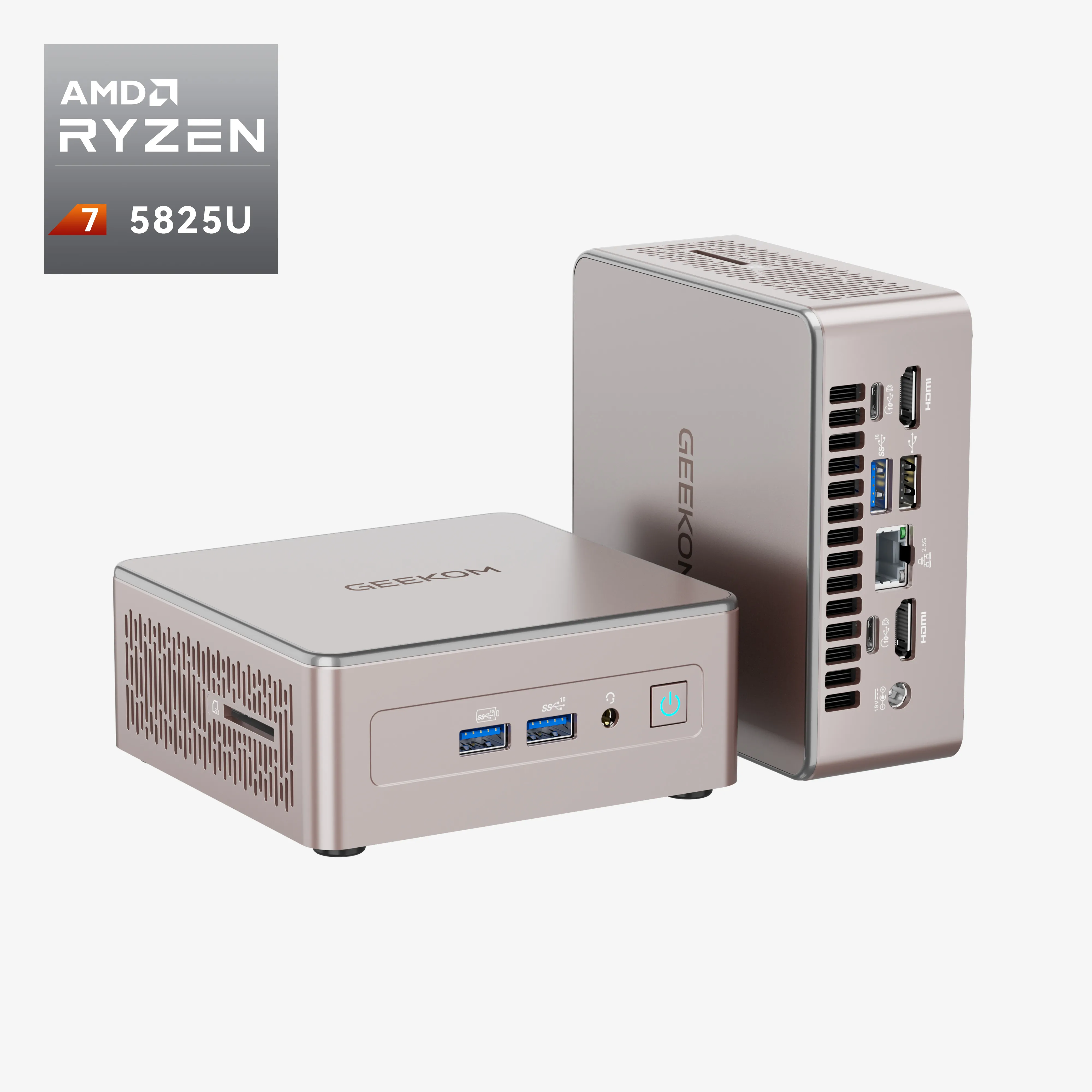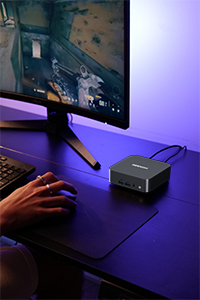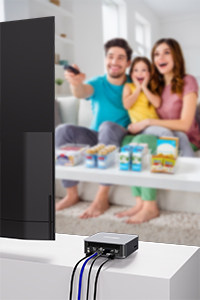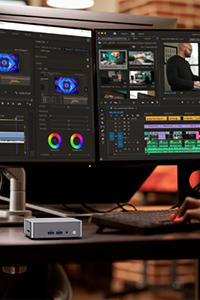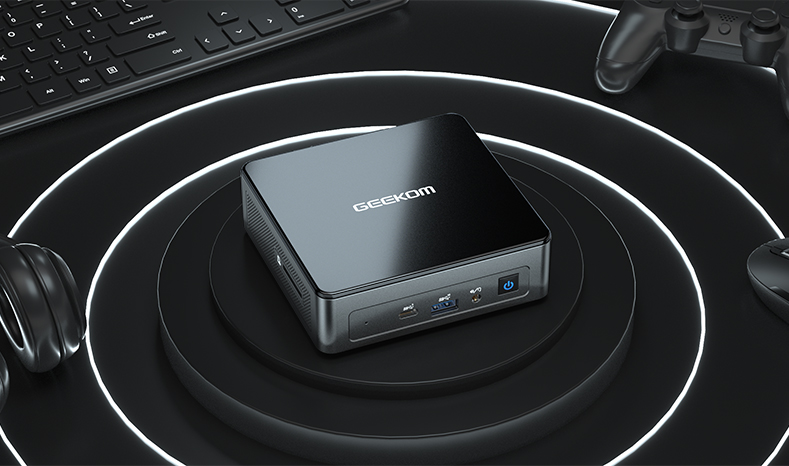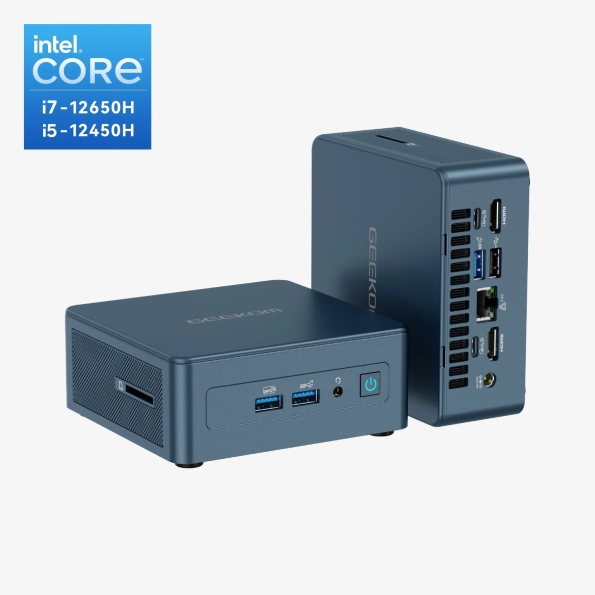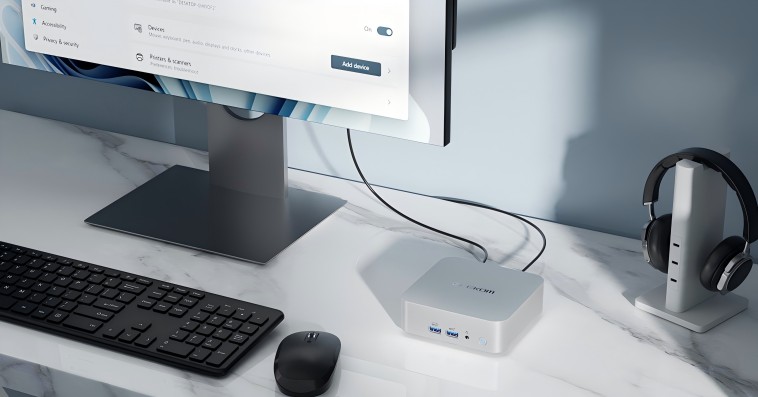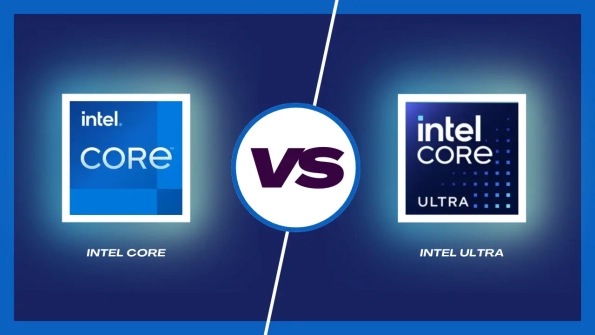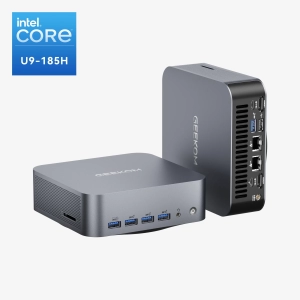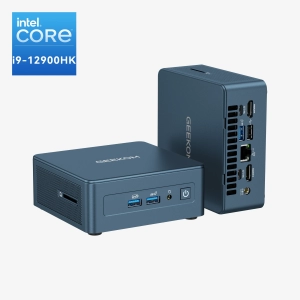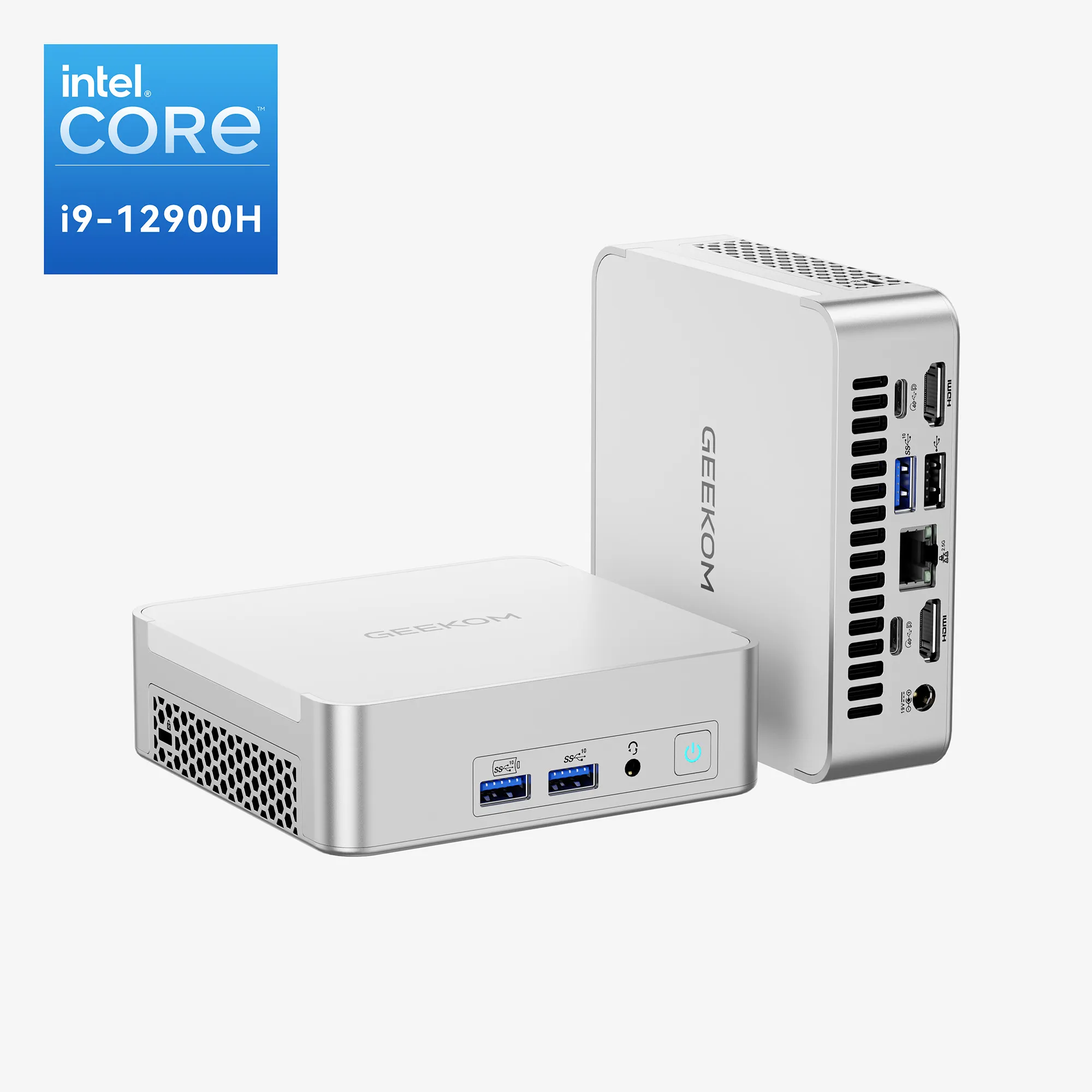In recent years, the concept of a smart home has gained tremendous popularity, with homeowners embracing automation to enhance comfort, security, and energy efficiency.
A crucial component of any smart home setup is the home assistant, a central hub that controls and coordinates various connected devices.
While dedicated home assistant devices exist, a compact and versatile alternative gaining traction is the mini PC for home assistants.
What is a Home Assistant?
A home assistant is an artificial intelligence-powered application that interacts with and controls various smart devices within your home.
It acts as a central hub, enabling you to manage and automate tasks such as controlling lights, thermostats, security systems, and more.
Home assistants use voice commands or user interfaces to interpret and execute commands, providing convenience and efficiency in managing your smart home ecosystem.
Top Recommendations for Mini PCs
- 12th Gen Intel® Core™ i9-12900H or Core™ i7-12650H or Core™ i5-12450H
- Dual-channel DDR4-3200MT/s, up to 64 GB
- M.2 2280 PCIe Gen 4 x 4 SSD, up to 2TB
- Wi-Fi 6E and Bluetooth® 5.2
- Support Quad Display
The GEEKOM Mini PC IT12 packs a 12th Gen Intel® Core™ i7 or i5 processor for lightning-fast performance, perfect for tackling demanding tasks. Experience stunning visuals with Intel® Iris® Xe Graphics. Breeze through multitasking with 16GB DDR4 RAM. Store all your projects with 512GB or 1TB of SSD storage, expandable up to 2TB.
Enjoy ultra-fast wireless connectivity with Wi-Fi 6E. All this power in a compact design that saves space and keeps your workspace clutter-free. Upgrade your productivity today with the GEEKOM Mini PC!
2. Intel NUC 11 Performance Kit
The Intel NUC 11 Performance Kit stands out as an excellent choice for a small form factor PC home assistant setup.
Powered by the latest generation Intel processors, this compact device offers exceptional performance and efficiency. It supports various operating systems, including popular choices like Windows, Linux, and Home Assistant OS.
With multiple USB ports, HDMI, and Thunderbolt 4 connectivity, the NUC 11 allows seamless integration with smart home devices and peripherals.
3. Raspberry Pi
The Raspberry Pi is a popular choice among Home Assistant enthusiasts due to its affordability and versatility.
Although it is a single-board computer rather than a traditional mini PC, it can run Home Assistant effectively. The latest Raspberry Pi models offer significant processing power, ample RAM options, and multiple USB ports.
With its active community and extensive software support, the Raspberry Pi provides a solid foundation for Home Assistant projects.
FURTHER READING: Mini PC vs Raspberry Pi: Which is the Best Option for You?
Advantages of Using a Mini PC for Home Assistant
- Compact Size and Space Efficiency One of the primary advantages of a mini PC for home assistants is its compact form factor. These devices are significantly smaller than traditional desktop computers, allowing for easy placement in any part of the house without occupying excessive space. They can be discreetly tucked away or even mounted behind a monitor or TV, ensuring a clutter-free environment.
- Flexibility and Expandability Small form factor PCs for home assistants offer a high level of flexibility and expandability. They can be customized and upgraded with additional RAM, storage, or connectivity options, enabling users to adapt the device to their changing needs. This scalability ensures that your home assistant system can grow alongside your smart home setup.
- Energy Efficiency In comparison to full-sized desktop computers, mini PCs for home assistants consume significantly less power. Their low-power processors and optimized design contribute to reduced energy consumption, resulting in lower electricity bills and a more sustainable home automation solution.
FURTHER READING: Mini PC Vs Desktop: Which Should You Use?
- Quiet Operation Many mini PCs for home assistants employ fanless designs, utilizing passive cooling techniques to dissipate heat. This absence of fans not only contributes to energy efficiency but also ensures quiet operation. The silent performance of these devices is particularly desirable in home environments where noise pollution is to be minimized.
- Reliability and Stability Home automation systems require continuous operation and stability. Mini PCs designed specifically for home assistant applications are built to provide reliable performance, ensuring uninterrupted operation of your smart home ecosystem. These devices often feature robust hardware and optimized software configurations to minimize downtime and enhance system stability.
- Expandability and Connectivity: Despite their small size, Mini PCs offer a wide range of connectivity options, including USB-C ports, Ethernet, HDMI, and Wi-Fi, allowing you to connect and control various smart devices seamlessly. Additionally, many small form factor PCs support expandable storage and RAM, providing flexibility for future upgrades.
Choosing the Right Mini PC for Home Assistant
When choosing a mini PC for running Home Assistant, several factors should be taken into account. Let’s explore these considerations in detail:
1. Processing Power and Performance
Home Assistant requires a reliable mini PC with sufficient processing power to handle the automation tasks and device integrations smoothly.
Look for a mini PC equipped with a capable processor, preferably a multi-core processor, such as an Intel Core i5 or i7, or some models of AMD Ryzen processors.
Additionally, consider the RAM capacity; 8GB or higher is recommended to ensure smooth operation and accommodate potential future expansions.
If 8GB RAM just doesn’t cut it anymore, come here, and try a staggering 32GB RAM!
2. Storage Capacity and Expansion Options
The mini PC should have adequate storage capacity to accommodate the Home Assistant installation, as well as any add-ons or databases associated with it.
While Home Assistant itself does not require substantial storage, opting for a mini PC with at least 128GB of solid-state drive (SSD) storage is recommended.
Additionally, check if the mini PC provides options for expanding storage, such as additional SSD slots or USB ports for external storage.
3. Connectivity Options
Since Home Assistant relies on communicating with various smart devices, having multiple connectivity options is essential.
Look for a mini PC that offers a combination of USB ports, Ethernet ports, and wireless connectivity options like Wi-Fi and Bluetooth.
Experience lightning-fast speeds, and try a mini PC featuring Wi-Fi 6E!
This ensures compatibility with a wide range of devices and simplifies the integration process.
4. Energy Efficiency
Given that a mini PC for Home Assistant typically needs to run continuously, energy efficiency becomes an important consideration.
Look for mini PCs with low power consumption or those that meet energy-efficient standards, such as ENERGY STAR certification.
This not only helps reduce electricity costs but also ensures a greener and more sustainable home automation setup.
5. Operating System Compatibility
Home Assistant is compatible with various operating systems, including Linux, Windows, and macOS. Ensure that the mini PC you choose supports the operating system you intend to use.
Linux-based systems, such as Ubuntu or Debian, are popular choices due to their stability, flexibility, and compatibility with Home Assistant.
Conclusion
The rise of smart homes has propelled the need for efficient and adaptable home assistants. Mini PCs, with their compact size and impressive capabilities, present an appealing solution for powering home assistant systems.
If you’re ready to elevate your smart home automation experience with a mini PC for your home assistant, look no further than GEEKOM. As a trusted provider of cutting-edge technology, GEEKOM offers a range of mini PCs that combine compact design, powerful performance, and versatile connectivity options.
FAQ (Frequently Asked Questions)
Q1: How does a small form factor PC enhance smart home automation?
A mini PC enhances smart home automation by providing advanced Intel Core or AMD Ryzen processing power, versatile connectivity options, and the ability to run sophisticated applications, settling your daily work. It enables seamless integration of different smart home devices, facilitates automation routines, and offers expanded functionality such as voice recognition and machine learning capabilities.
Q2: Can I use any mini PC as a home assistant?
While many mini PCs can be utilized as home assistants, it is important to ensure compatibility with the desired home assistant software or platform. It’s recommended to check the specifications and compatibility requirements of the chosen home assistant software before selecting a mini PC.
Q3: Are mini PCs energy-efficient for home assistant applications?
Yes, mini PCs are known for their energy efficiency. They are designed to consume minimal power while delivering efficient performance. Opting for a mini PC as a home assistant can help reduce energy costs and contribute to a greener and more sustainable smart home setup.



